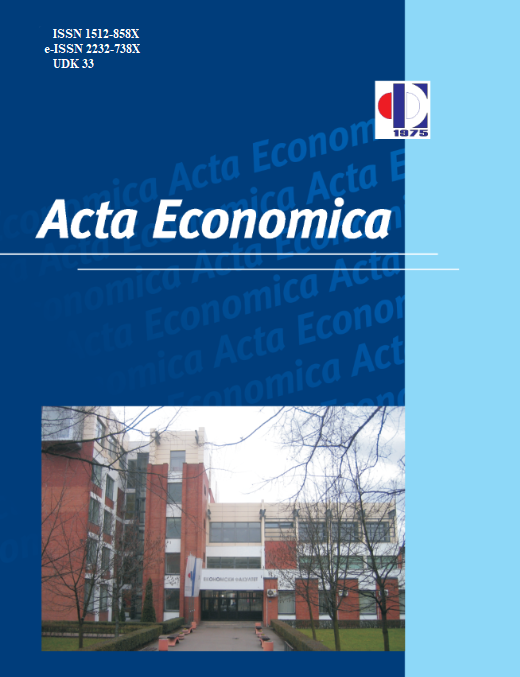PUBLIC HEALTH EXPENDITURE AND INFANT MORTALITY RATE IN NIGERIA
DOI:
https://doi.org/10.7251/ACE2033079OAbstract
One of the numerous responsibilities of the government of any country is to invest in the various sectors of the economy. This should, however, be channeled to the appropriate sectors, such as the health sector, that will lead to a continual growth of the country. It is in the light of this, that this study looks at government spending on the health sector and its effect on infant mortality rate (INFM) in Nigeria. Health is central to the well-being of the citizens. This study made an attempt to provide empirical evidence of the impact of public health expenditure on infant mortality rate in Nigeria between 1991 and 2018 using time series data. The Fully Modified Ordinary Least Square (FMOLS) analytical method was used to examine the relationships. Various robustness checks were carried out to ensure the reliability of the result for policy makers. Findings revealed that all variables employed positively impacted INFM except for Diphtheria, Pertussis, and Tetanus (DPT) immunization and female literacy rate. It was therefore recommended that more public enlightenments on the importance of taking DPT immunization for infants should be embarked upon for the target audience to be able to produce a positive effect, nursing mothers should be educated more on the need to take good care of their children especially at the early stage and not leave chance to the faith of the day care, all in the name of being literate and answering the call of their job at the expense of their parental role among others.

